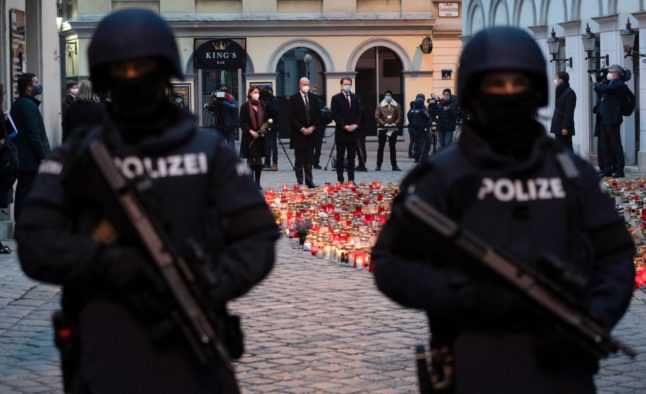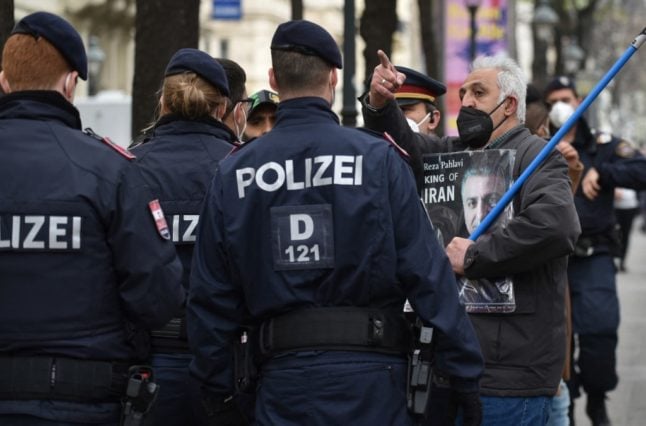With responsibility for the Moscow attack being taken by the Islamist terror organisation ISIS-K, national intelligence services are reevaluating the threat posed to targets within their borders.
‘No concrete threat’
Austrian officials have been quick to give their appraisal of the situation.
“We currently have the Islamist scene under control,” stressed Omar Haijawi-Pirchner, head of the Directorate of State Security & Intelligence (DSN) – the governmental agency responsible for combatting internal threats – in an interview with the Ö1 Morgenjournal radio programme on Tuesday.
He continued: “The terrorist attacks in Moscow, for example, definitely increase the risk. But at the moment, we do not see any concrete threat of an attack in Austria,”
Other experts and officials have warned that while there are no concrete threats, Austrians should not be complacent.
‘Situation is still valid’
Interior Minister Gerhard Karner announced tighter security at church festivals during the Easter period, in the days after the attack, and stressed that the high terror alert level introduced after the October 7 Hamas attacks was still in place.
“This increased risk situation is still valid,” noted Karner.
READ MORE: What does Austria’s raised terror alert mean for the public?
Meanwhile, terror researcher Peter Neumann of King’s College London told ORF’s ‘ZiB 2’ news broadcast on Monday that Austria remains a potential target due to its Central Asian migrant population.
Neumann noted that countries at most risk are those “in which Tajik and Central Asian diasporas exist and where ISIS-K finds it relatively easy to identify and recruit people”.
He continued, identifying both Austria and Germany as “countries in which the ISPK is particularly active and which are particularly at risk from terrorist attacks”.
New threats
Austria has not been spared from attacks from homegrown terrorists.
On November 2nd 2020, amid Coronavirus lockdowns, Austrian-born Kujtim Fejzulai shot and killed four, injuring twenty-three others during a shooting spree across Vienna. He was ultimately shot dead by police.
Fejzulai was already under surveillance by federal authorities for his beliefs and had been released from prison on parole less than a year before.



 Please whitelist us to continue reading.
Please whitelist us to continue reading.
Member comments